In an exclusive interview, Dr. Bayter answers the main questions about cholesterol and what its true effects are on the body.

In an interview with EL TIEMPO, anesthesia and intensive care specialist Jorge Enrique Bayter, better known on social media as Dr. Bayter, explained the true role of cholesterol in the body and the origins of cardiovascular disease.
Furthermore, the renowned medical expert and social media influencer pointed out the true food products that cause a possible heart attack, indicating that these are commonly present in the diet of most households around the world.
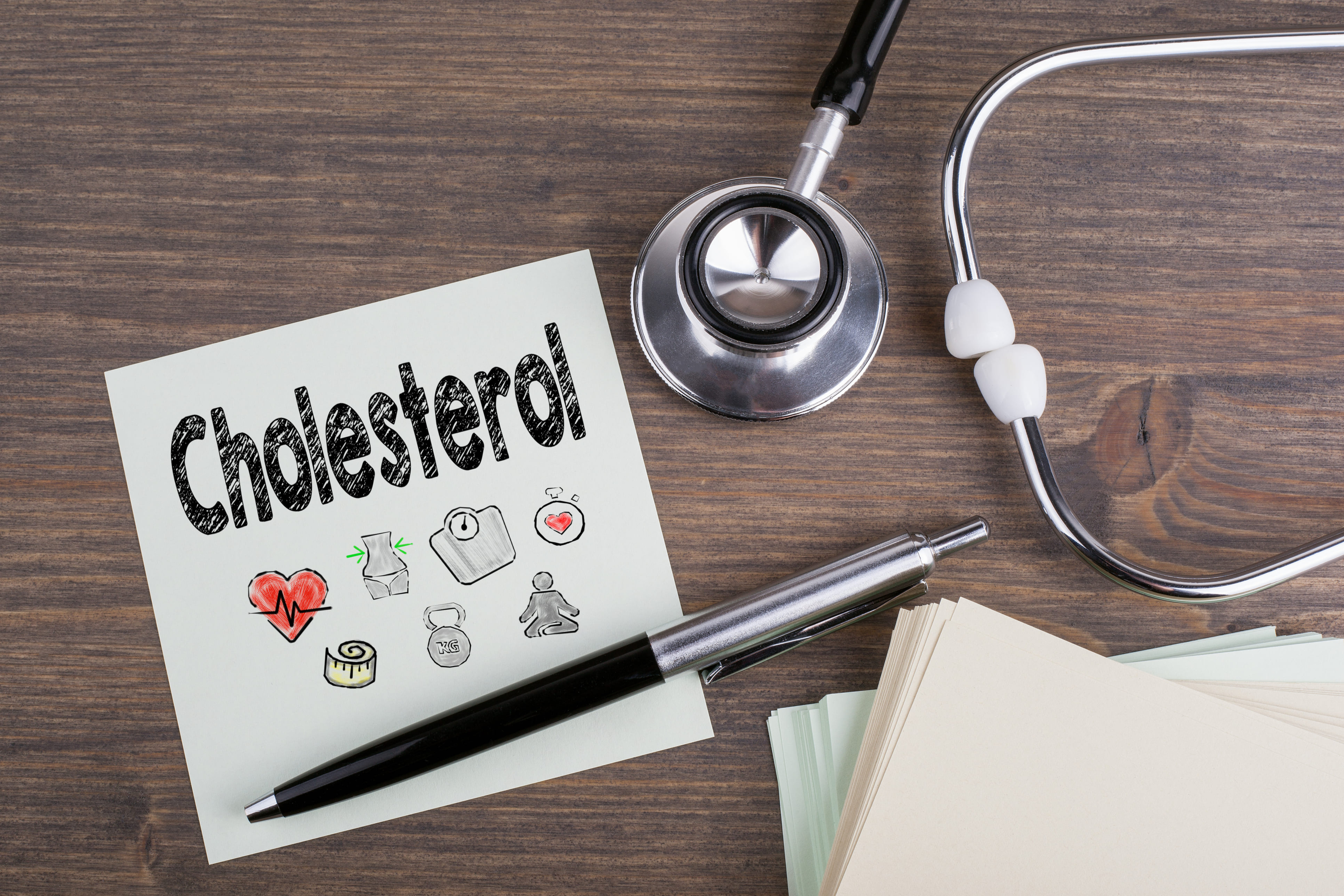
Human skin contains approximately 140 grams of cholesterol. Photo: ISTOK
Before explaining how the molecule works, the doctor clarified to this newspaper that cholesterol cannot be called a disease, because "perhaps, after proteins, it is the most important molecule in your body." "Along with collagen, it is one of the two molecules that differentiate the plant kingdom from the animal kingdom. The plant kingdom does not have cholesterol or collagen. These are molecules exclusive to animals," he pointed out.
The brain represents 2% of the total human body mass , with an average weight of 1,400 grams . Although it is considered small, it concentrates around 25% of all the cholesterol present in the body. “Cholesterol is in the brain because it is the molecule that functions for optimal intelligence development, neuron survival , and nerve conduction,” said Dr. Bayter.
According to the doctor, the body has approximately 140 grams of this substance distributed throughout the body.
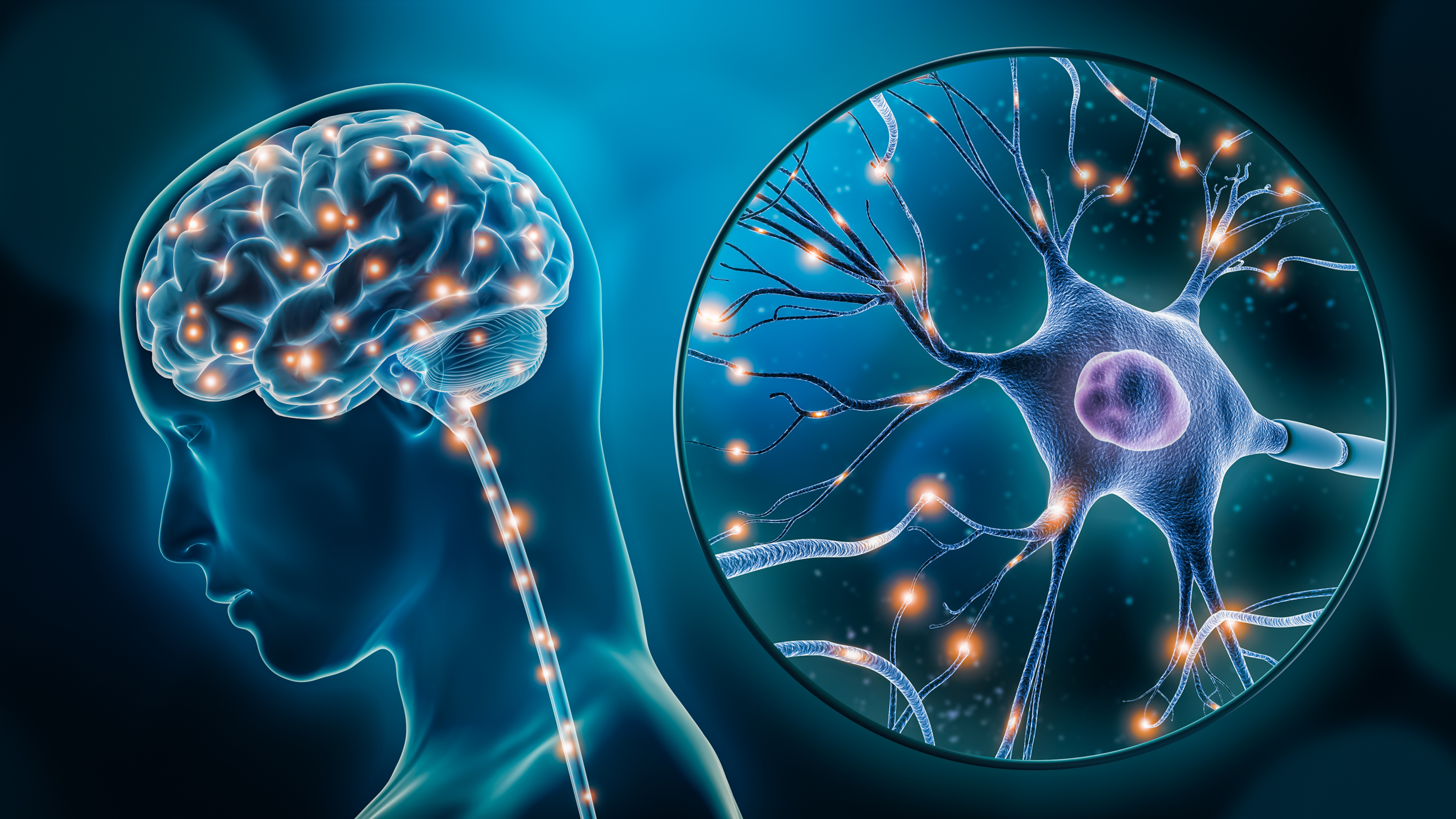
25% of all cholesterol is found in the brain. Photo: ISTOK
Lipids make up about 80% of myelin, a substance that covers the axons of neurons. Its main function is to allow electrical impulses transmitted by the brain to travel efficiently throughout the human body.
Furthermore, cholesterol is used to produce “male and female hormones, such as testosterone, estrogen, and progesterone,” Dr. Bayter noted, making the aforementioned substance one of the main precursors of these androgens.
This molecule also participates in the formation of the most important substance for the immune system: vitamin D. This nutrient is produced in the body from the consumption of foods containing cholesterol and from skin exposure to sunlight, triggering its synthesis in the body.
The Mayo Clinic clarifies that vitamin D plays an essential role in strengthening bones and preventing the onset of multiple diseases.

Vitamin D strengthens bones and prevents the onset of many diseases. Photo: ISTOK
Byter pointed out that the real cause of heart attacks in humans is not excess cholesterol, but damage to the endothelium, caused by high carbohydrate consumption.
"Foods found in the plant kingdom, such as wheat, potatoes, cassava, and rice, are responsible for the deterioration of the endothelium today and, consequently, the possibility of dying from a heart attack," he indicated.
According to the Lancet journal and the Pure study, a prospective study conducted on 140,000 patients, it was found that those who participated in the analysis did not reduce their likelihood of suffering a heart attack by reducing their consumption of foods that supposedly increase cholesterol levels in the body.
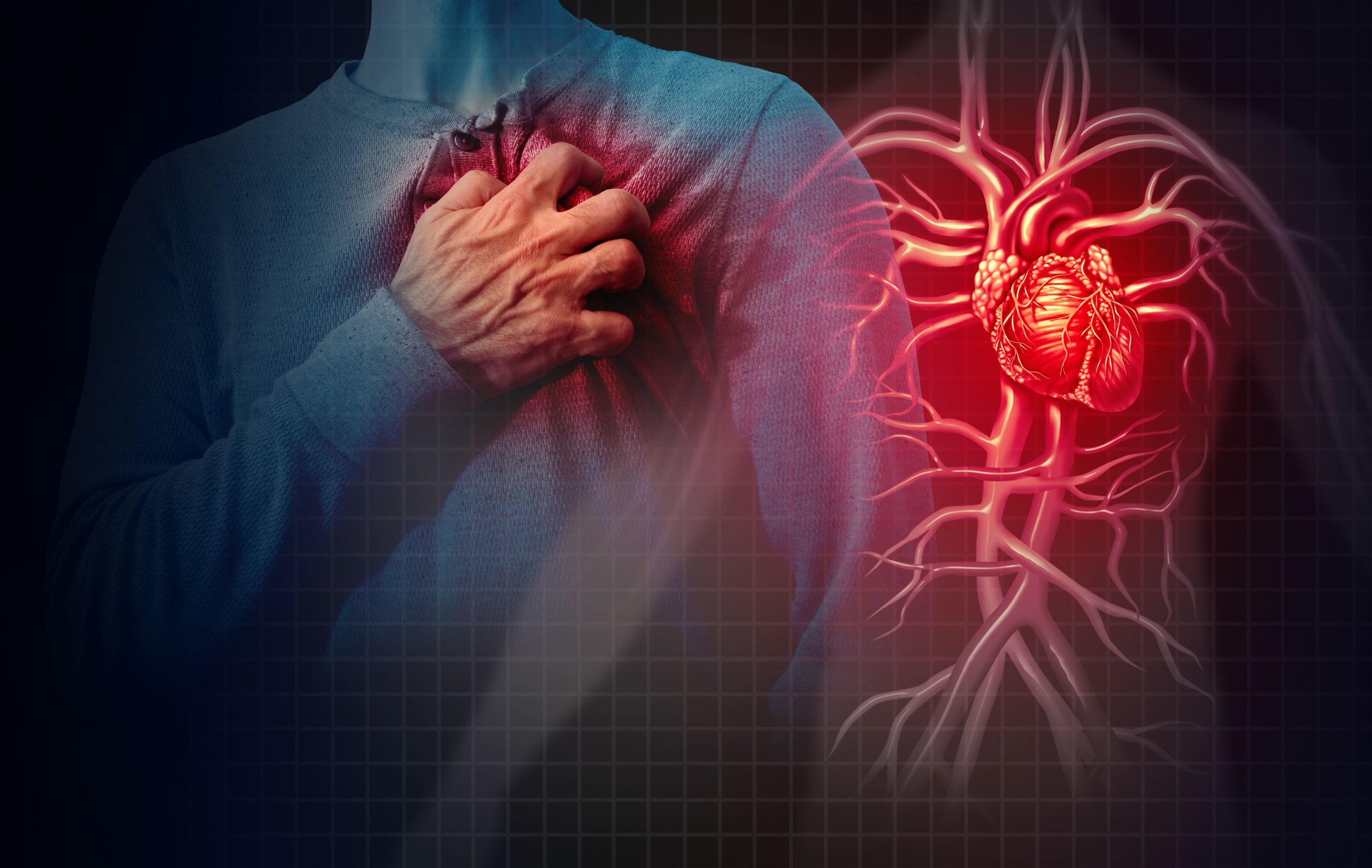
High carbohydrate consumption can cause a heart attack. Photo: ISTOK
" Today, in the year 2025, heart attacks remain the leading cause of death worldwide, with approximately 17 million people dying each year from a myocardial infarction or stroke, despite reducing the amount of the substance in their bodies. Furthermore, autopsies indicate that the cholesterol of several of those who died was below the recommended level," the specialist said.
So how can you prevent a heart attack? The best way to prevent this cause of death is to know the true origin of food and understand how it can affect the body.
The liver, a vital organ in metabolic processes, can deteriorate over time if it is constantly exposed to an inadequate diet, causing toxic substances to enter the blood before they can be eliminated.
Fatty liver can even develop, caused by a high carbohydrate intake that stimulates insulin and generates triglycerides . This process is known as de novo lipogenesis.
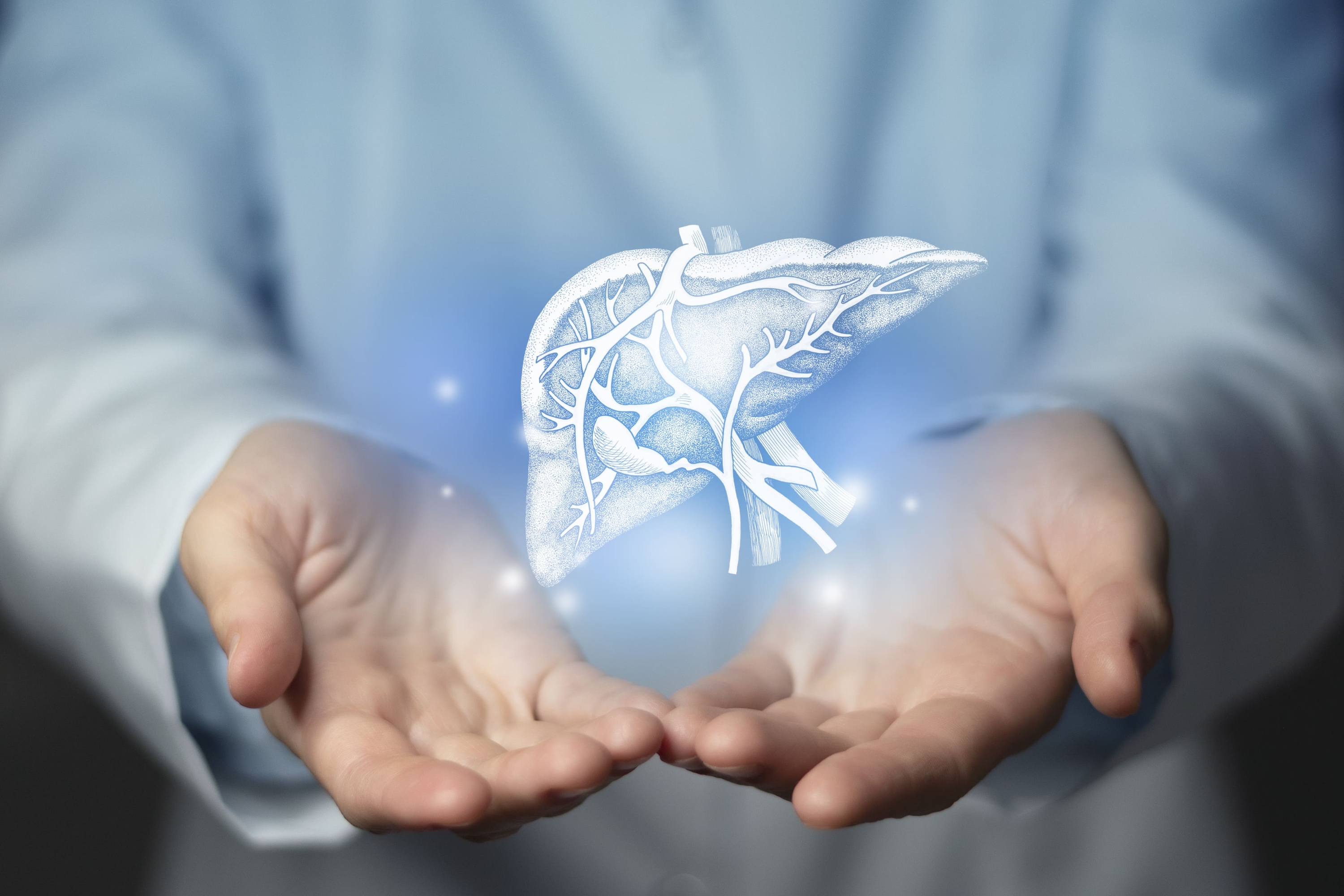
The liver is a vital organ in metabolic processes. Photo: ISTOK
Increased cholesterol is largely due to the consumption of foods that the body cannot process or detoxify properly , especially when it comes to saturated fats, processed products, and oxidized oils.
When humans consume these products excessively, the liver deteriorates , leading to poor liver function. This means that many people develop high cholesterol levels due to the impaired ability of the body to properly process and eliminate what it consumes.
According to the National Cancer Institute, the liver is a vital organ that regulates metabolism, cholesterol, and triglycerides. It also detoxifies the blood by eliminating harmful substances, stores energy in the form of glycogen, and produces bile for fat digestion.
Why are vegetable oils harmful? Consuming this product can have two major consequences for the body: on the one hand, inflammation of the arteries, and on the other, the progressive deterioration of some organs essential for digestion and metabolism.
“Vegetable oils are primarily composed of omega-6 fatty acids, which are pro-inflammatory and damage the endothelium of the arteries, putting people at greater risk of heart attacks,” Bayter noted.
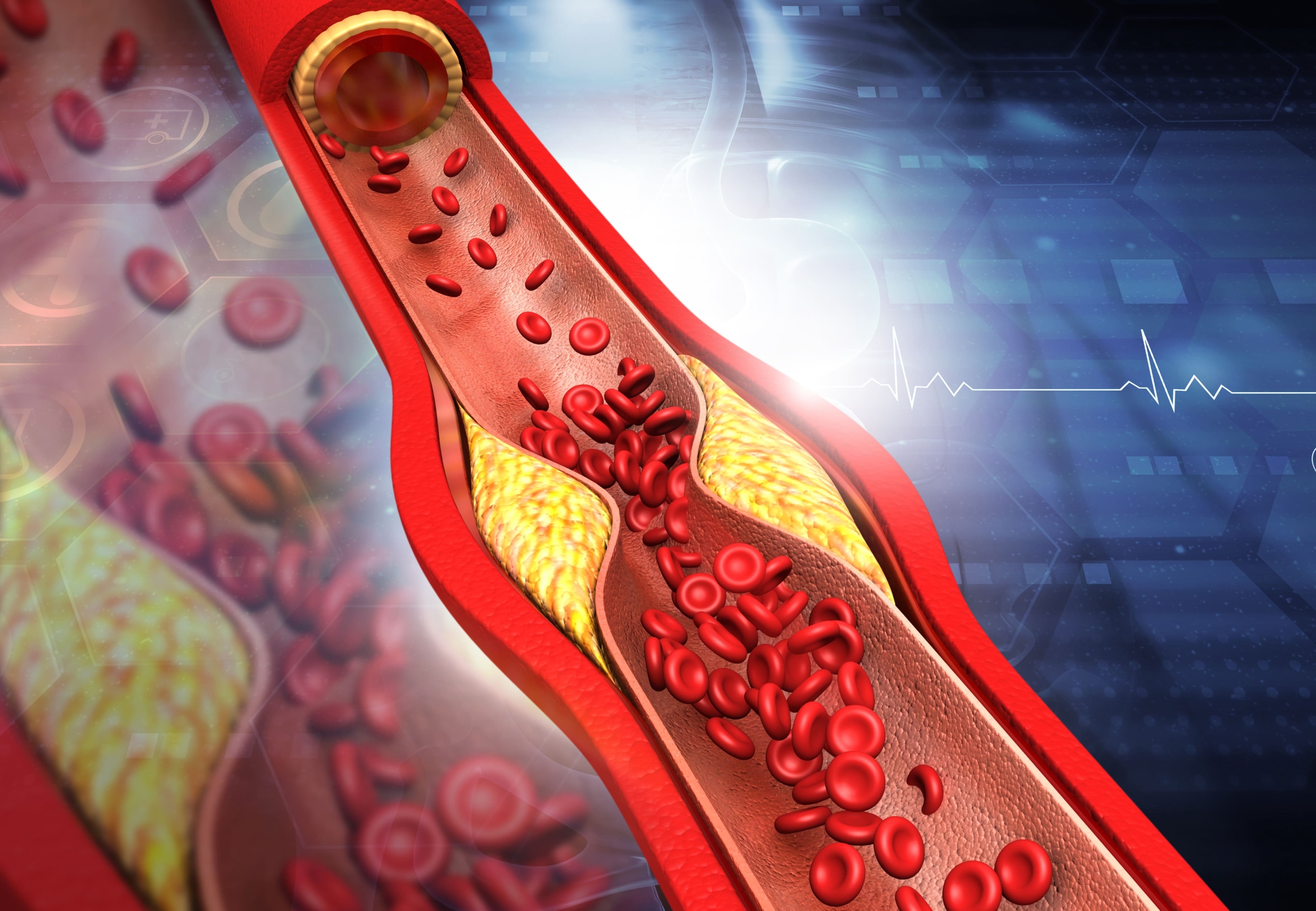
At high temperatures, the oil oxidizes and causes damage to the body. Photo: ISTOK
The doctor indicated that these oils date back to World War II, when oil shortages forced the manufacture of fuels derived from plants like sunflowers and canola. After the conflict, manufacturers maintained production and began selling them in large quantities, increasing human consumption.
The specialist explained that, when they reach high temperatures, these oils oxidize and, when consumed, cause a deterioration in the proper functioning of organs.
Among these compounds is arachidonic acid, a type of omega-6 that , while it performs a natural function in the body by participating in the formation of cell membranes, in excess contributes to inflammatory processes that promote the appearance of cardiovascular diseases and skin blemishes.
LATEST NEWS EDITORIAL
eltiempo





